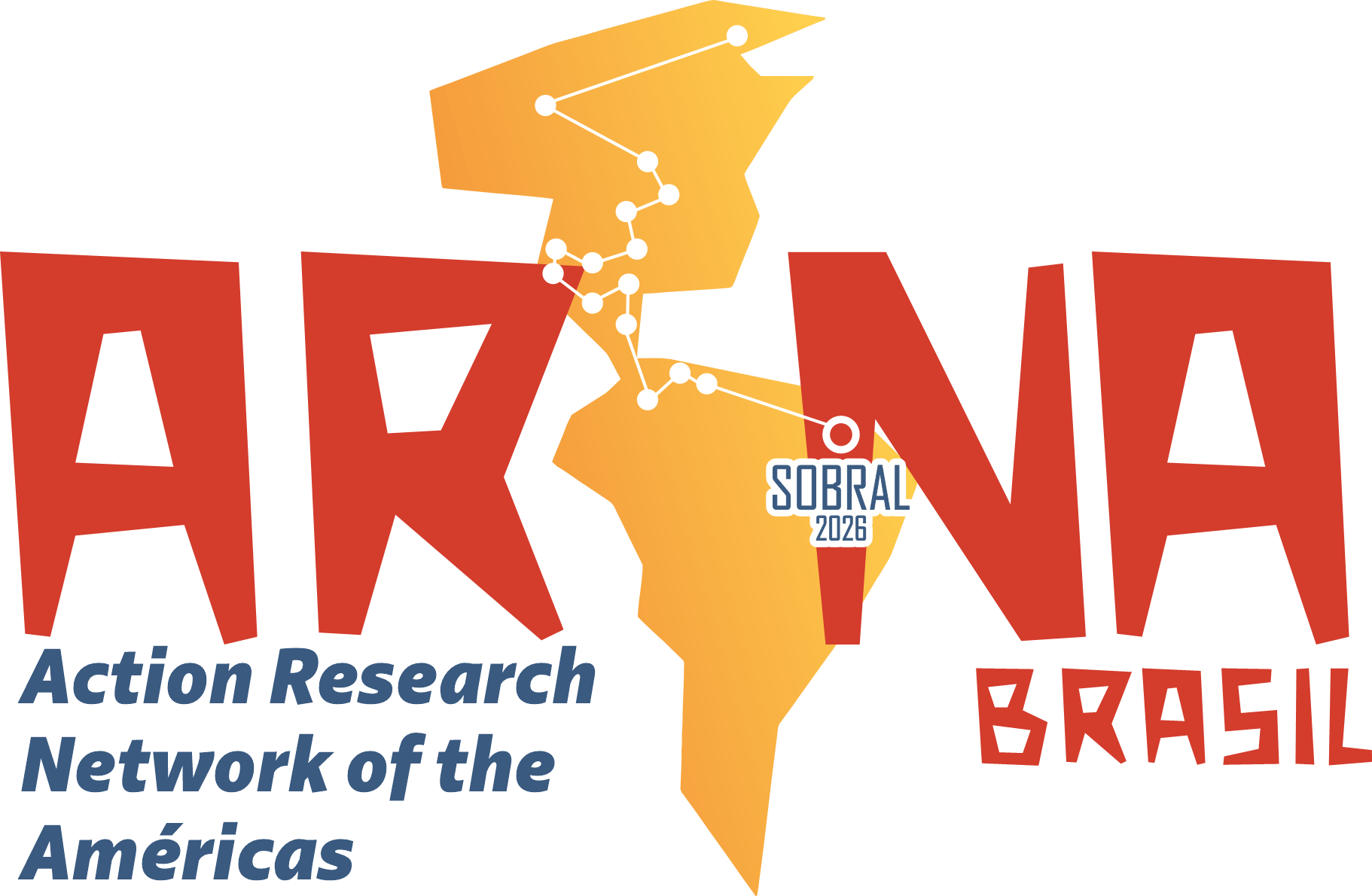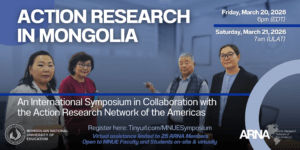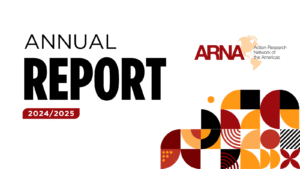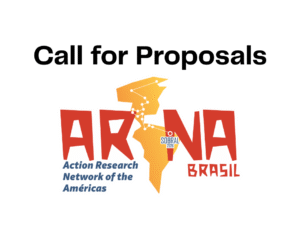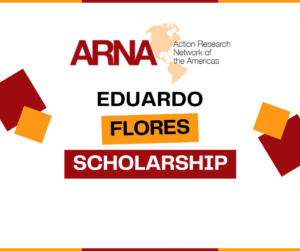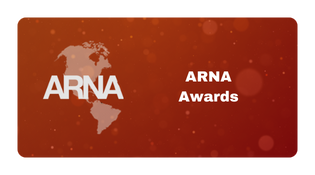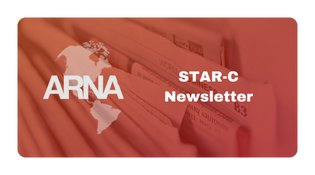News & Anouncements
Action Research in Mongolia symposium
This symposium offers a rare, transformative look at the power of participatory inquiry in Mongolia, beginning with a cultural interpretation of action research by the Chair of the Mongolian National…
2024 – 2025 ARNA Annual Report is now available
The Action Research Network of the Americas (ARNA) is pleased to announce the publication of our 2024-2025 Annual Report, highlighting our 2025 Annual Conference, the fantastic work our our Action…
Call for Proposals
The 2026 ARNA Conference Team invites submissions from individuals and groups who are interested in sharing, discussing and making meaning within an action research approach. Action research approaches can include…
Eduardo Flores Scholarship
Eduardo Flores-Kastanis was one of the five “network initiators” of ARNA. He worked with the other initiators from July 2012 until he was taken from us by cancer in May…

